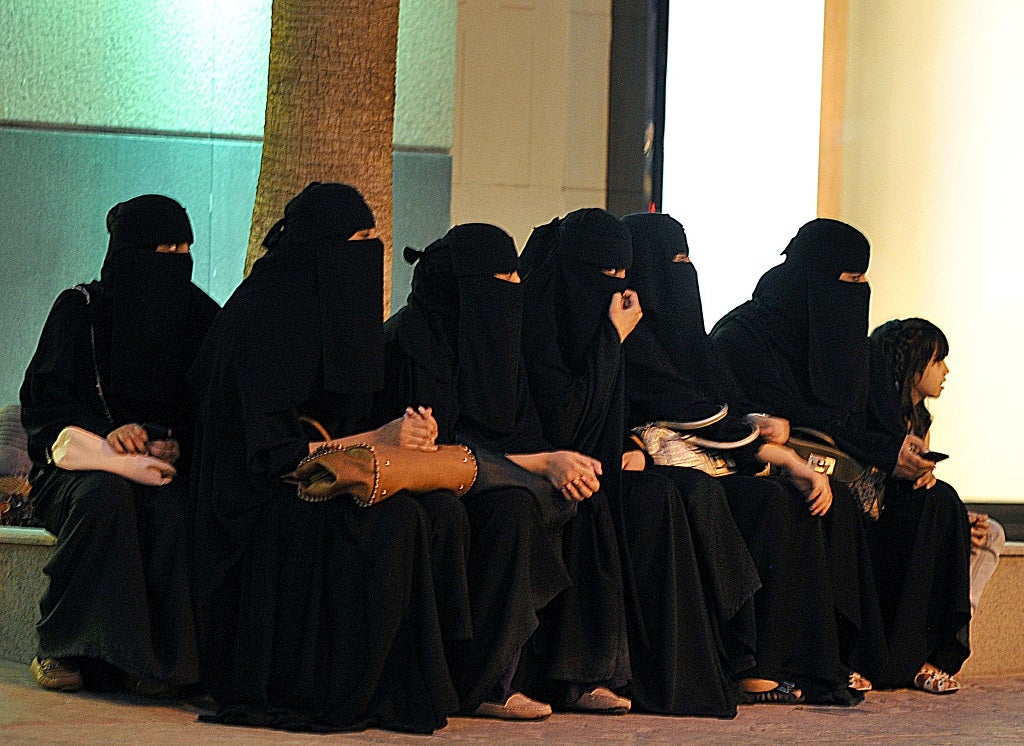Women in Saudi Arabia allowed to join military
Military jobs previously open only to men will now be made available to women, said Saudi’s defence ministry

Your support helps us to tell the story
From reproductive rights to climate change to Big Tech, The Independent is on the ground when the story is developing. Whether it's investigating the financials of Elon Musk's pro-Trump PAC or producing our latest documentary, 'The A Word', which shines a light on the American women fighting for reproductive rights, we know how important it is to parse out the facts from the messaging.
At such a critical moment in US history, we need reporters on the ground. Your donation allows us to keep sending journalists to speak to both sides of the story.
The Independent is trusted by Americans across the entire political spectrum. And unlike many other quality news outlets, we choose not to lock Americans out of our reporting and analysis with paywalls. We believe quality journalism should be available to everyone, paid for by those who can afford it.
Your support makes all the difference.Women living in Saudi Arabia are now allowed to join the military in the wake of a ruling by the country’s Ministry of Defence.
The armed forces is the most recent profession in the ultra-conservative nation to open its doors to women - with women now able to work in multiple roles previously limited to men only.
However, women who are married to non-Saudi citizens will not be accepted into the military under new plans which were first unveiled in 2019.
The decision to allow women to enter the armed forces was announced the same year the Saudi authorities declared it would let women leave the middle eastern nation without first asking a male relative for permission.
Rothna Begum, senior women’s rights researcher at Human Rights Watch, told The Independent: “Saudi Arabia is trying to grab headlines for women’s rights, but they are still detaining and silencing women’s rights activists.”
She added: “If the Saudi authorities want to show how serious they are on women’s rights reforms, they should immediately and unconditionally release such women, and lift travel bans and suspended sentences on all women’s rights activists.”
The campaigner, who specialises in the Middle East and North Africa, noted the authorities have not yet properly abolished the male guardianship system which resigns women to being “perpetual minors” as she called for the policy to be eradicated.
While Saudi has rolled out reforms to boost women's rights in recent years, human rights organisations warn women continue to be treated as “second-class citizens”, while activists are left to languish in jail.
The kingdom’s highly restrictive guardianship system considers women as legal minors - meaning they are blocked from marrying, getting a job, being released from jail or accessing healthcare without first obtaining permission from a male guardian. Often a woman’s male guardian is her father or husband and in some instances her own son.
Women also need permission from a male relative to live alone, as well as leave prison if they have been detained, or depart a shelter for domestic abuse survivors. They do not have the right to automatically pass citizenship on to their children, nor can they provide consent if their child wants to get married.

Join our commenting forum
Join thought-provoking conversations, follow other Independent readers and see their replies
Comments